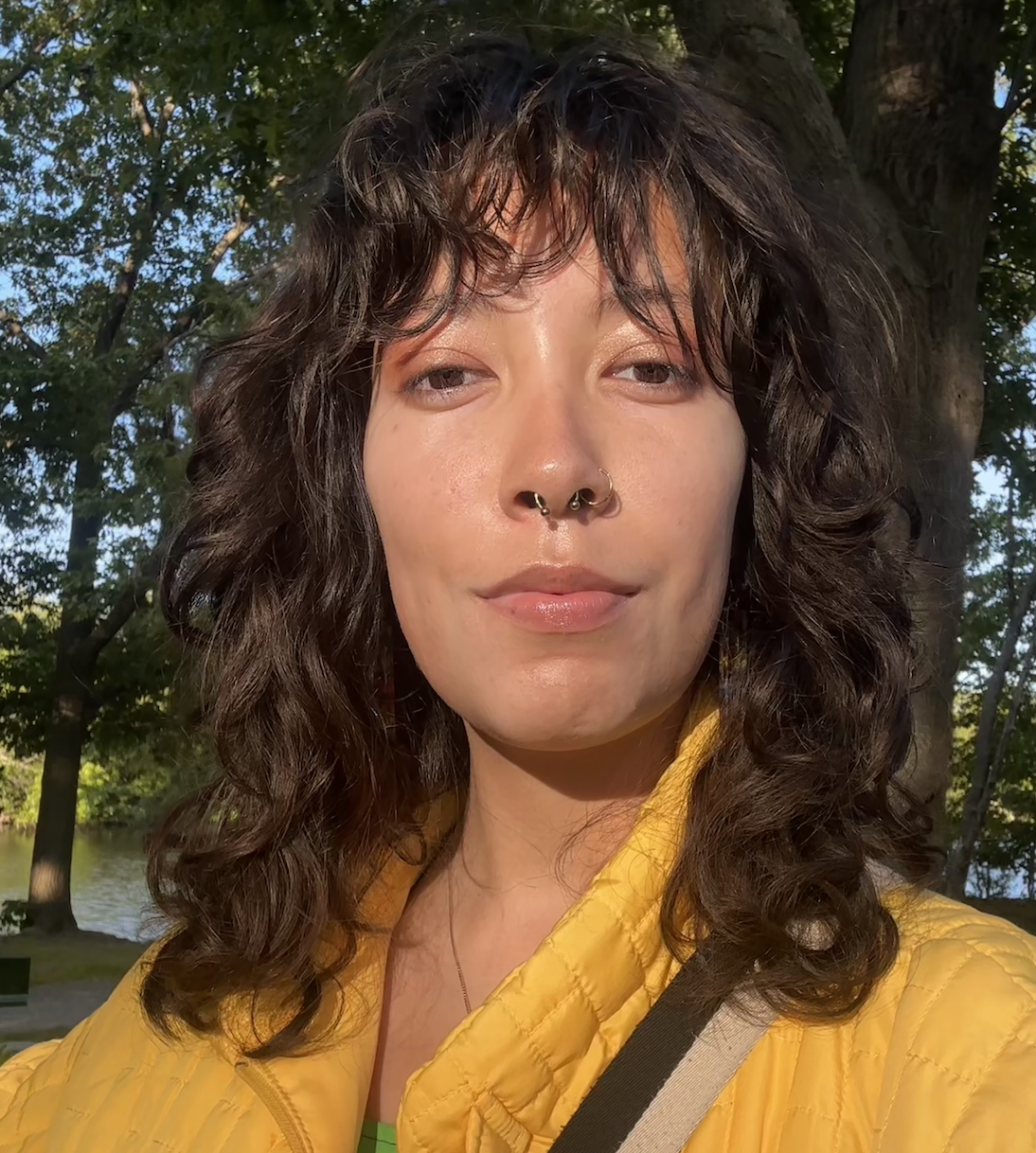
How do we atone when we miss the mark and cause harm? Contributor Aviva Davis provides useful insight.
By Aviva Davis
Yom Kippur is one of the toughest holidays in the Jewish calendar for me. Not simply because fasting is miserable and takes a toll on my body, but because I have a difficult time facing the reasons I need to atone. Taking accountability for harm can be taxing, and it doesn’t come easily to many of us. At the end of what always feels like a long year, reflecting on how I have hurt people I know and strangers alike feels painful in and of itself. However, healing only begins once we acknowledge the ways in which we’ve faltered in the past and consider how we might decrease, if not eliminate, poor habits in the future. As much as we would like to believe the opposite, we are not perfect people.
Tashlich, throwing bread crumbs into moving water to represent the washing away of our sins, is a beautiful atonement practice that feels both significant and meditative. It is peaceful and healing to see my mistakes and regrets drift away. Perhaps this is why, as someone who struggles with apologies, I am so drawn to the ritual; I feel a little bit lighter seeing the crumbs slowly disappear.
As someone who is pursuing a career in social work, and who aspires to work with children, I think about atonement frequently. One of the first things I remember learning in class was that at some point, in the clinical field, I will cause harm. While this may seem like a discouraging and rather ominous message, the point my professor was trying to make is that when it comes to engaging with people, especially in our profession, we have to be prepared to acknowledge and repair if and when we harm others, though the message applies to the professional and the personal. This lesson feels especially relevant to someone who sees themselves working in milieus with children, whose voices are less developed than those of most adults. While an adult may have the capacity to tell you when and where you broke their trust, many young people do not feel they have the authority to do the same; I definitely was one of these children. This knowledge reminded me that at times, we may say something hurtful, and the person we hurt may not mention the interaction for a while or they may never tell us at all. The idea that we may hurt another without ever knowing is one of the hardest part of being a human, in my opinion.
I have recently been reflecting on atonement and unintentional harm through the lens of my queerness. As I have explored the path of my own queerness while also having the privilege of joining others on their queer journeys, I have witnessed just how delicate it is to live in a queer body and to be in community with other queer people. Queerness is so beautiful and flexible and gentle and inviting and multifaceted, and with that comes an endless multitude of identities we can cultivate. When we and the people we love are constantly growing, changing, and expanding, finding new ways to see and present ourselves, there may be moments in which we mess up and use a name, pronoun, or term that no longer applies to a person’s truest form. In my experience, more often than not, corrections are offered, mistakes are acknowledged and fixed, and we all move on. Sometimes we are met with profuse apologies and vows to be a better friend and ally, which often hurts more than it helps, as the queer person in question is then forced into a helping role to the other person. Other times, it feels too great a burden to constantly remind others to see us the way we see ourselves and to simply use the name, pronouns, terminology, etc. that allows us to live in our bodies with comfort, and ideally, joy. So we let it slide. And we let it slide. And we let it slide. It takes a lot of strength to keep giving out passes, and it hurts quite a bit as well.
To be clear, this is not a call for perfection; as we’ve covered above, that simply is not possible. But it is a call to reflection and to action. We all deserve and can do better. This is why every year during Tashlich, I throw bread crumbs for the harm I have caused and the mistakes I have made that I am unaware of; I hope, but do not expect or demand, that those I have hurt can forgive me in time, and I think about how I can learn and grow to minimize the hurt I cause in the year to come.
We always wish others a L’Shanah Tovah, a Happy New Year. What will you do in the coming years to make this a reality for yourself and for others?

Aviva Davis (she/they) is a Black, queer, Jewish writer and is currently pursuing a Master’s in Social Work at Smith College. A graduate of Brandeis University, Aviva is passionate about expanding diversity and inclusion in Jewish spaces, and broadening their audience’s perspectives on how intersectional identities influence one’s practice of and engagement in Judaism.